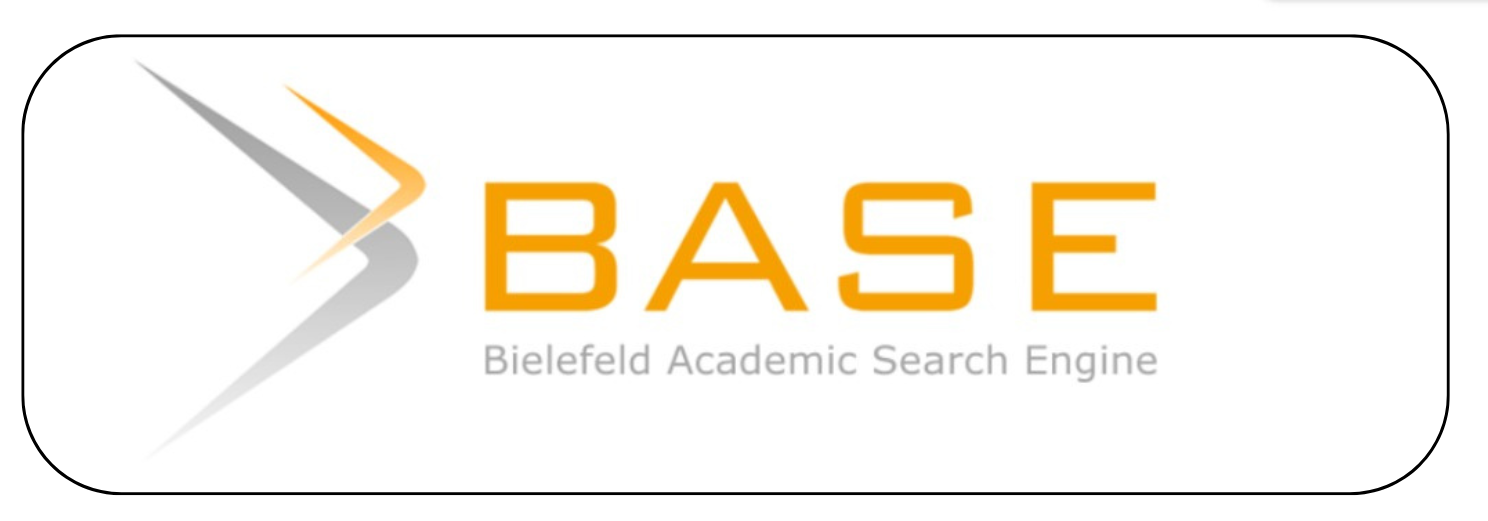Evaluating The Accessibility of E-Government Services Usage In Urban Malaysian Communities
DOI:
https://doi.org/10.61688/jev.v4i3.87Keywords:
Accessibility, Usage, Theory Acceptance Model (TAM)Abstract
This study examines how individuals see the usage of e-government services in urban Malaysian areas. The research model includes the following elements: accessibility, usage of e-government services and the Theory Acceptance Model. Enhancing the effectiveness and quality of public services is the goal of Malaysian e-government applications. However, they're still not very common, particularly in impoverished urban districts. The poll aims to ascertain people's perceptions of using e-government services with respect to gender, years of internet usage, age, race, and occupation. The data for the study were gathered using an online survey that was sent to one hundred participants. The results showed that the adoption of e-government apps was significantly influenced by things like accessibility and usage of e-government services. It was also demonstrated that utilizing these programmes has a major influence on satisfaction, suggesting that users find them useful and fulfilling. According to the study's conclusion, it is critical to comprehend how urban inhabitants see and use e-government services in order to tailor government programmes that close the digital gap, satisfy community demands and expectations, and ultimately enhance public service delivery in the digital age.
Downloads
Downloads
Published
How to Cite
Issue
Section
License
Copyright (c) 2023 Aini Hidayah Aminuddin, Norhaninah A Gani

This work is licensed under a Creative Commons Attribution 4.0 International License.












